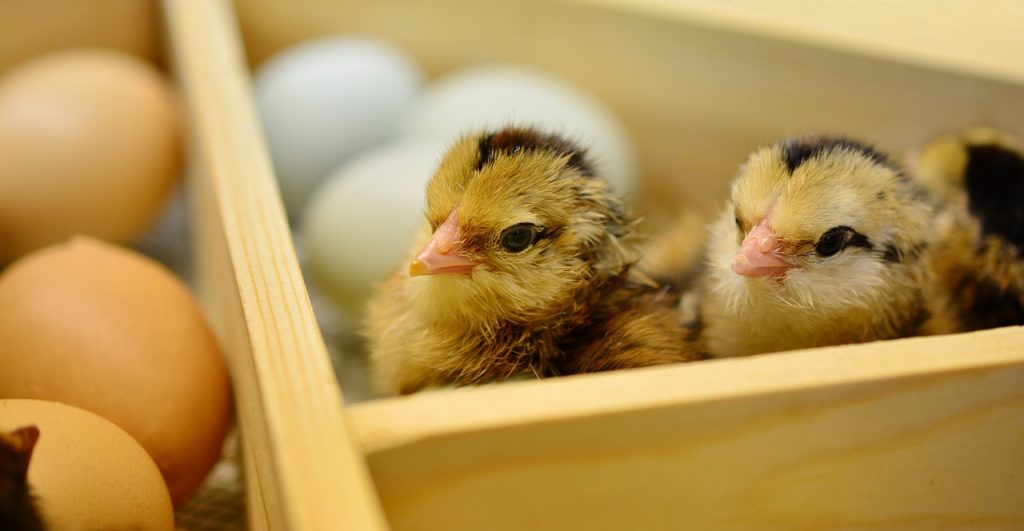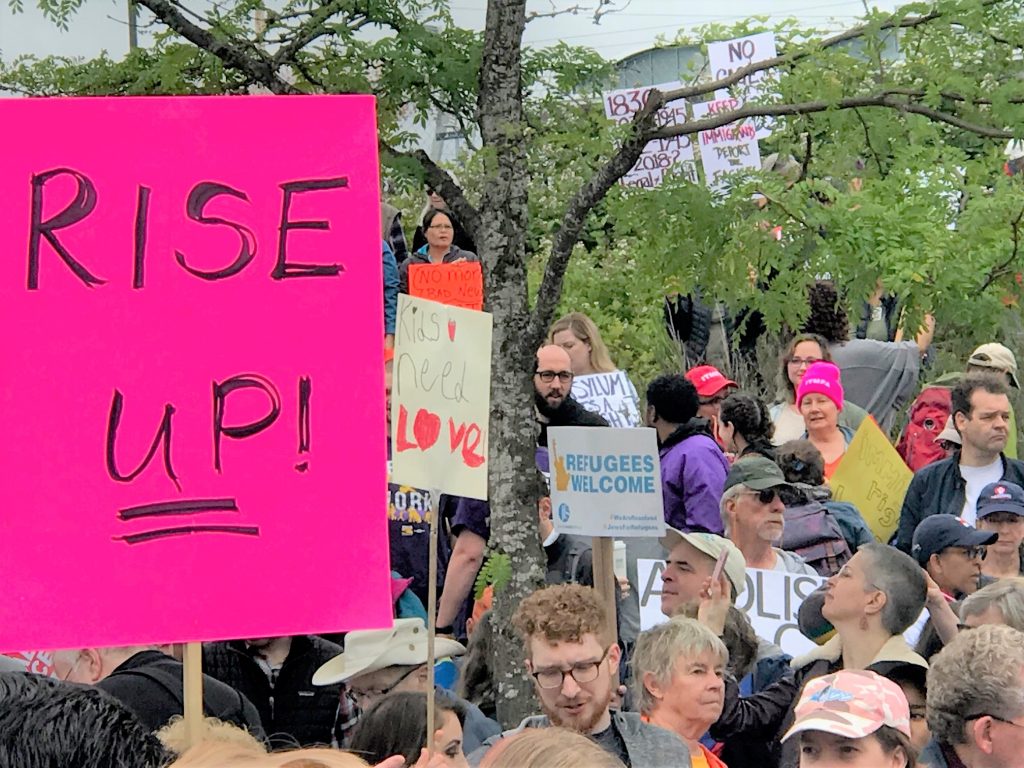
Recently I learned that a colleague of mine didn’t get a job leading a major organization. It was confusing, since all signs had seemed to indicate she was a good fit. After weeks wondering, she got a you-didn’t-hear-this-from-me from one of the hiring team members that the board had decided to go with someone with a corporate background. Someone who had no experience working in nonprofit was now going to lead a large and influential one, over my colleague who had years of relevant experience.
This happens frequently in our sector among the largest and most influential organizations. Foundations are especially guilty of this. According to this report from CEP that looks at the leadership of the largest 100 foundations in the US:
Continue reading “Can we stop assuming that people with corporate or academic backgrounds can run nonprofits and foundations better than nonprofit folks?”“Experience as a grantee, if you exclude colleges and universities …. isn’t much valued by foundation boards when they’re searching for a CEO. In 2012 we identified just 14 foundation CEOs with immediate previous experience at an operating nonprofit that wasn’t a college or university. Today, that number is even lower — just 10.”




